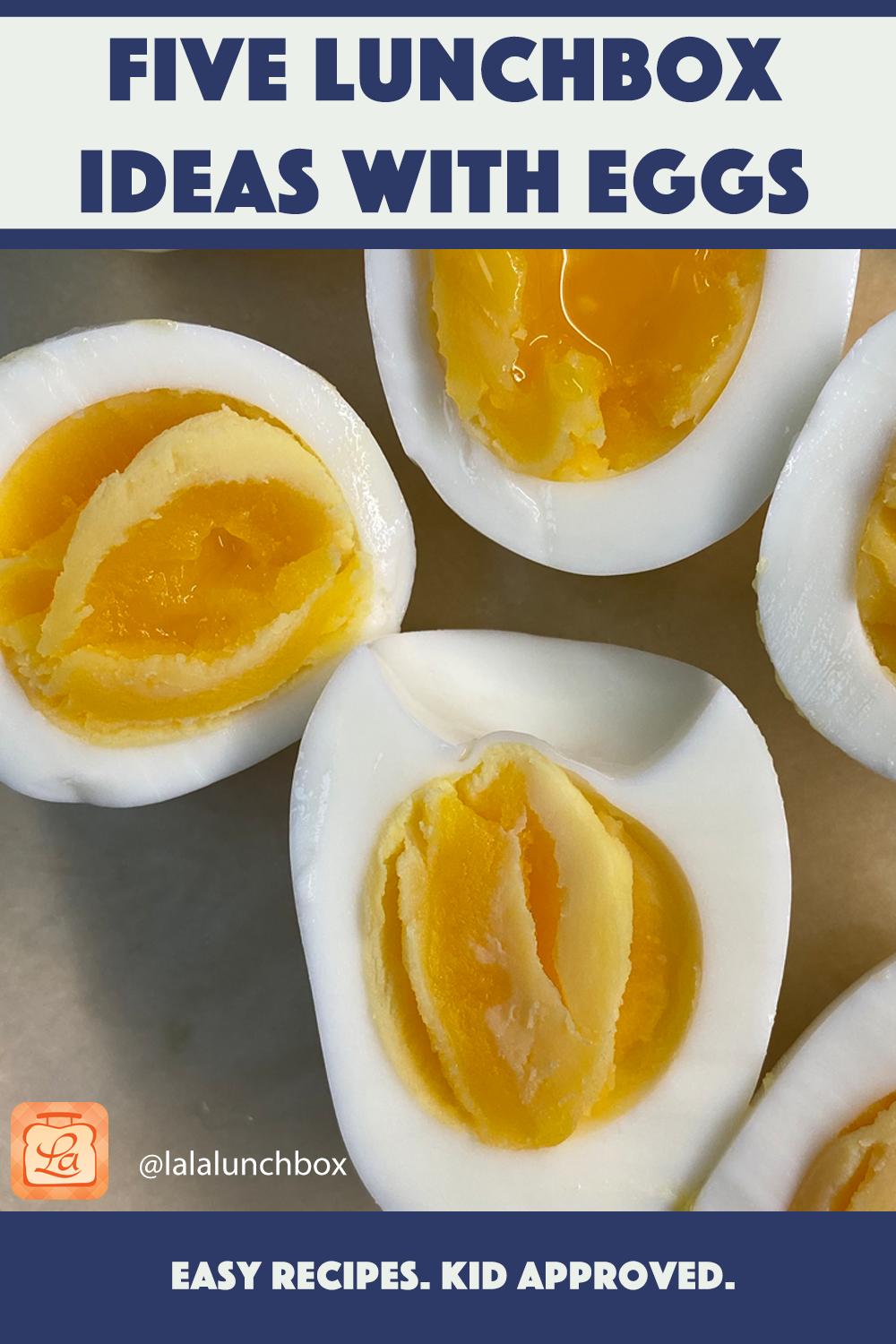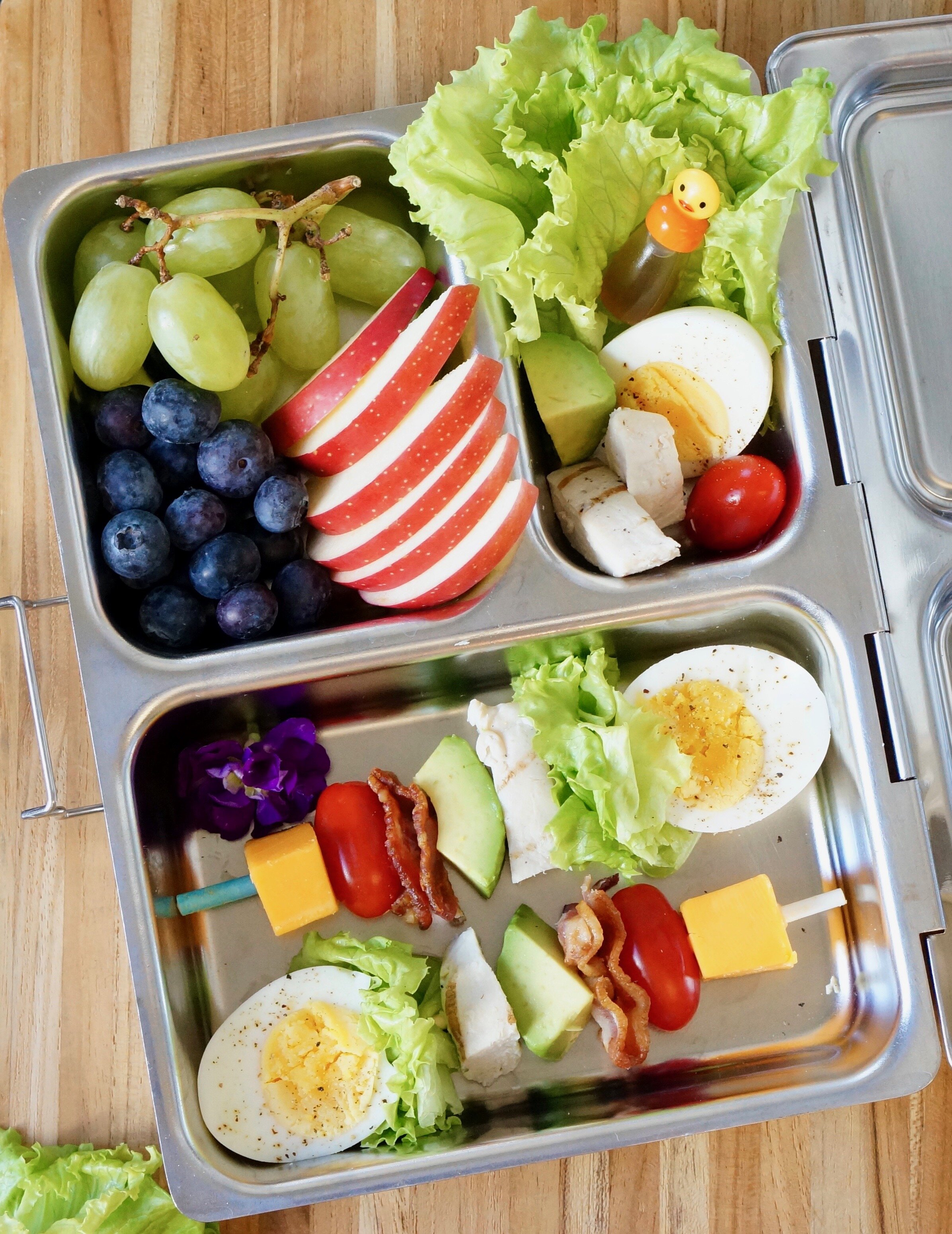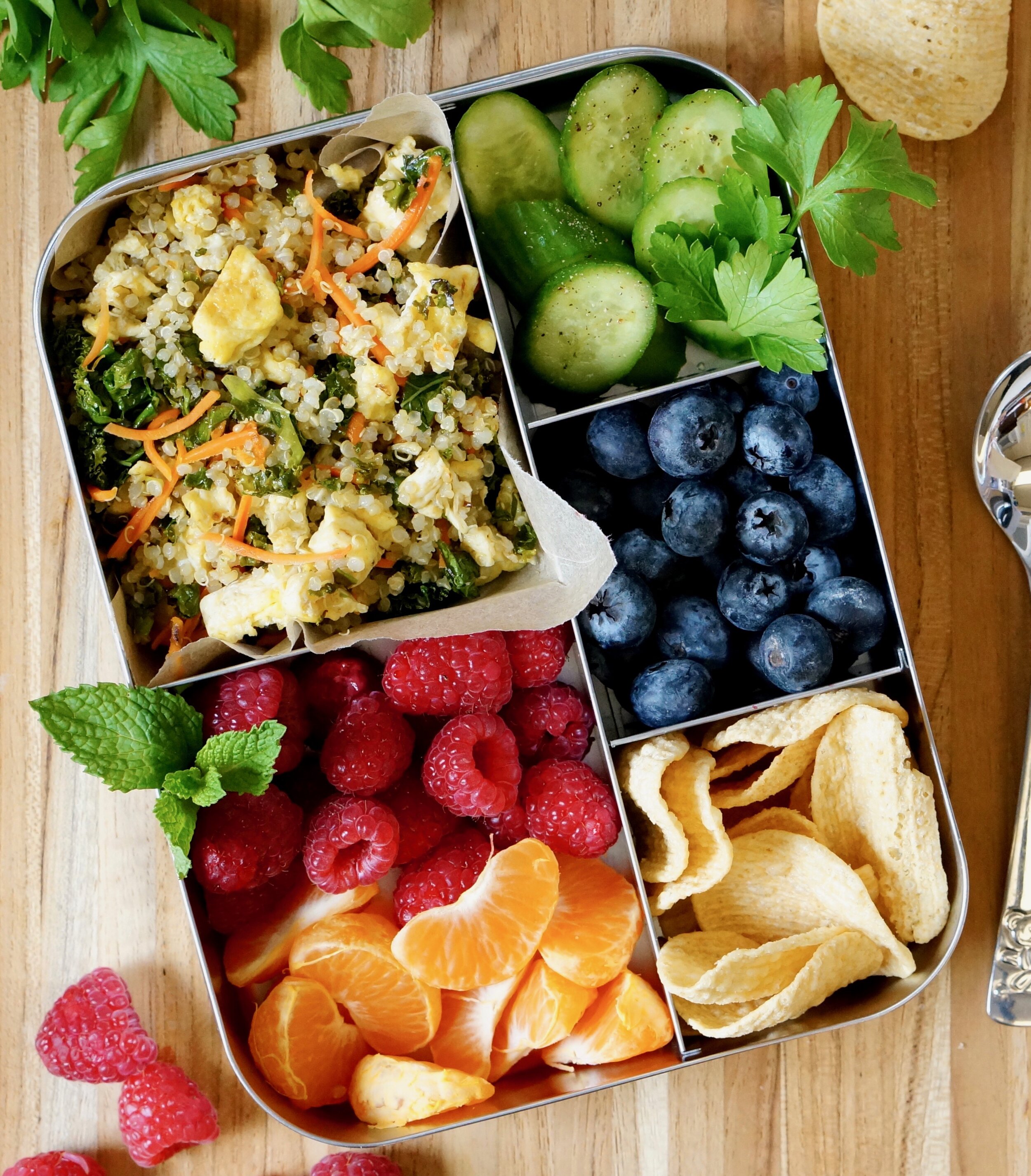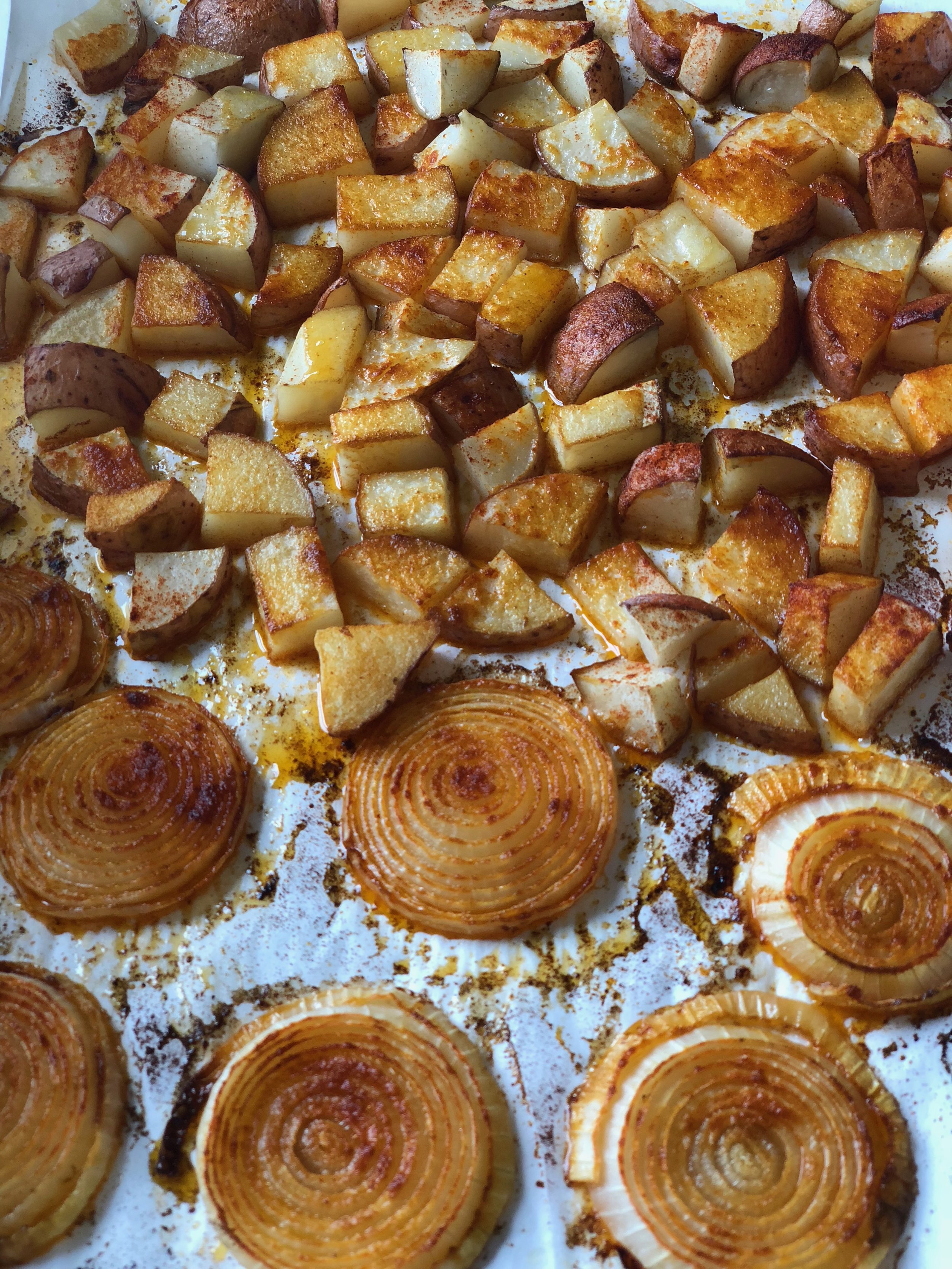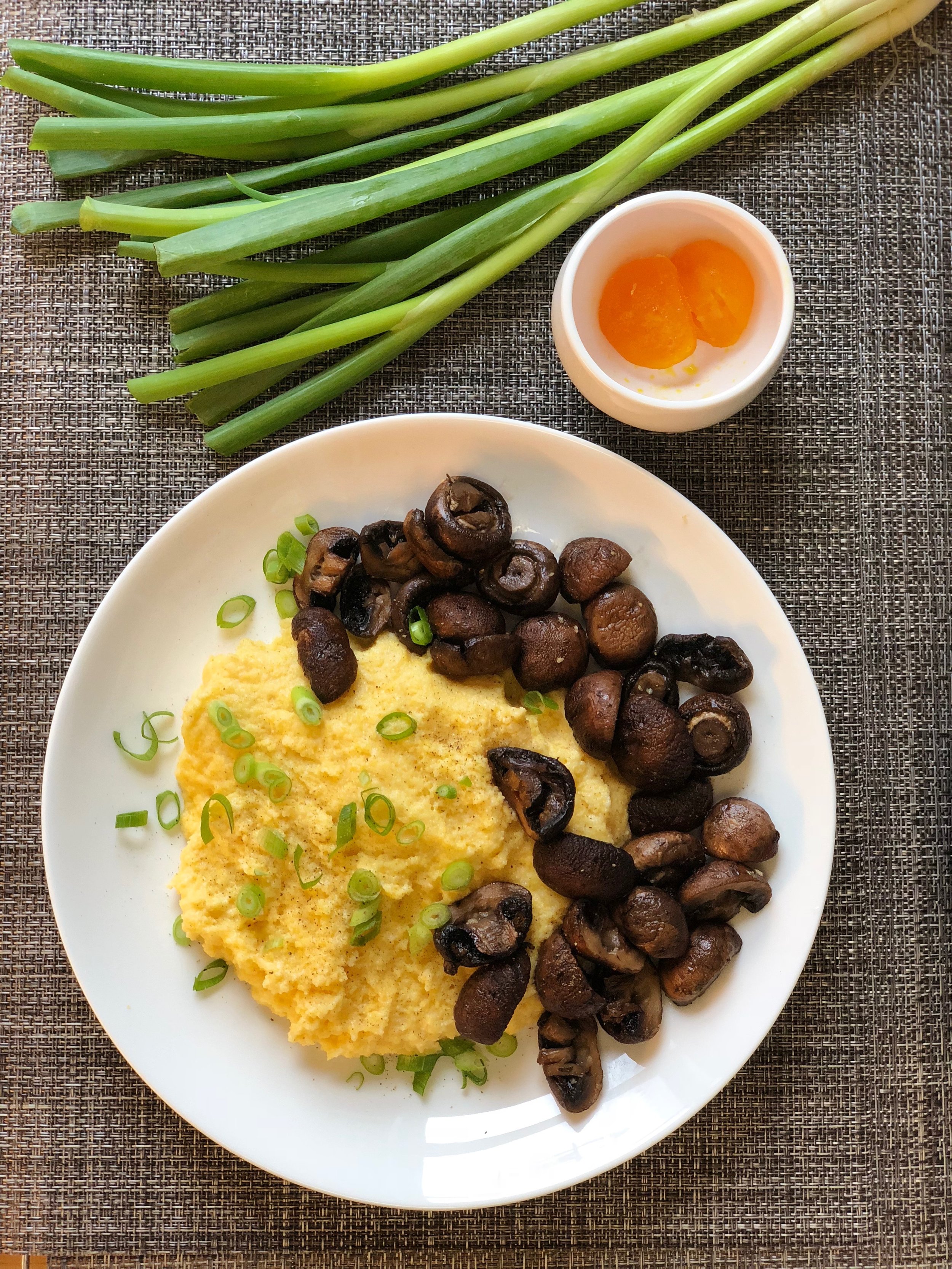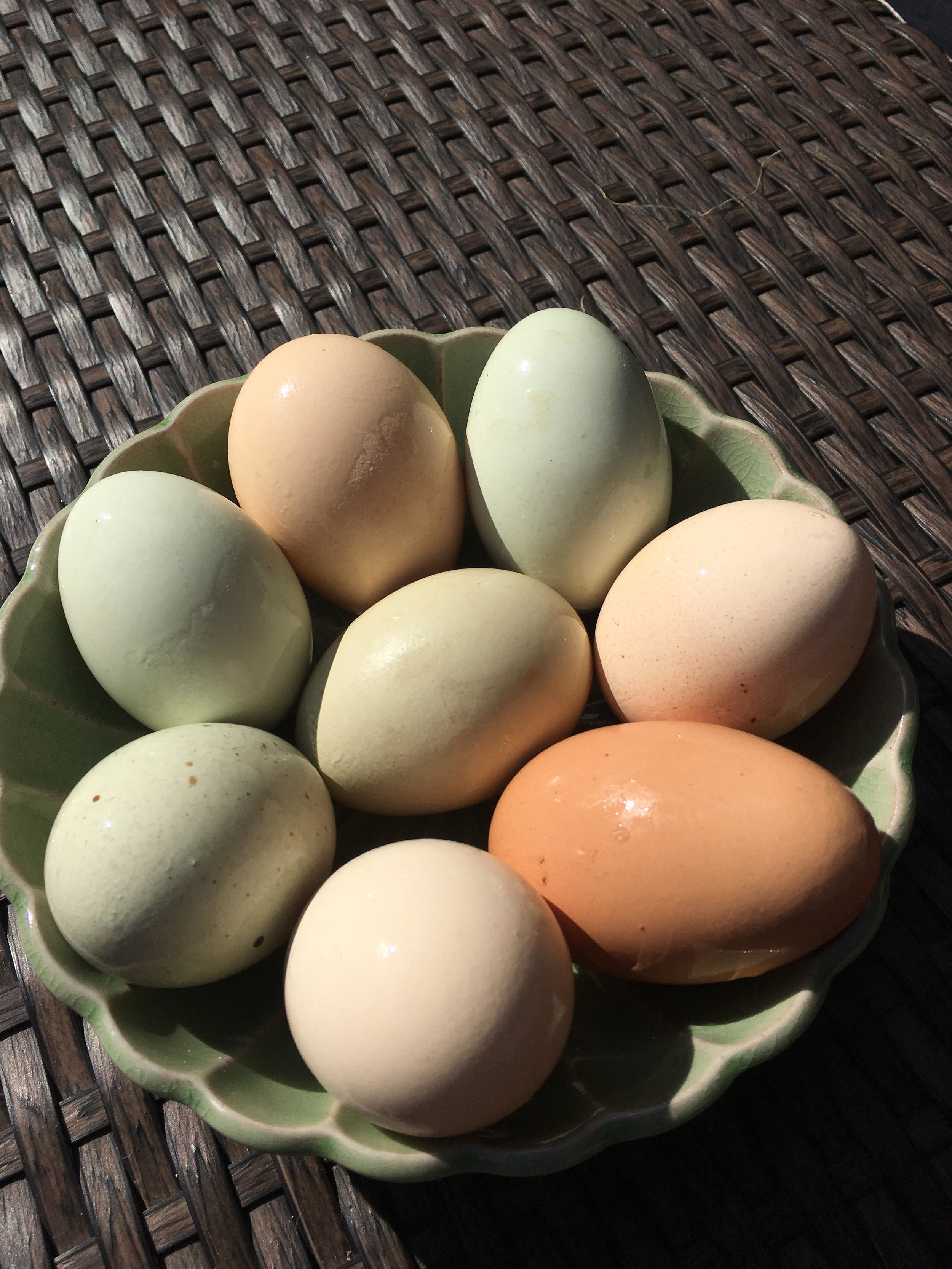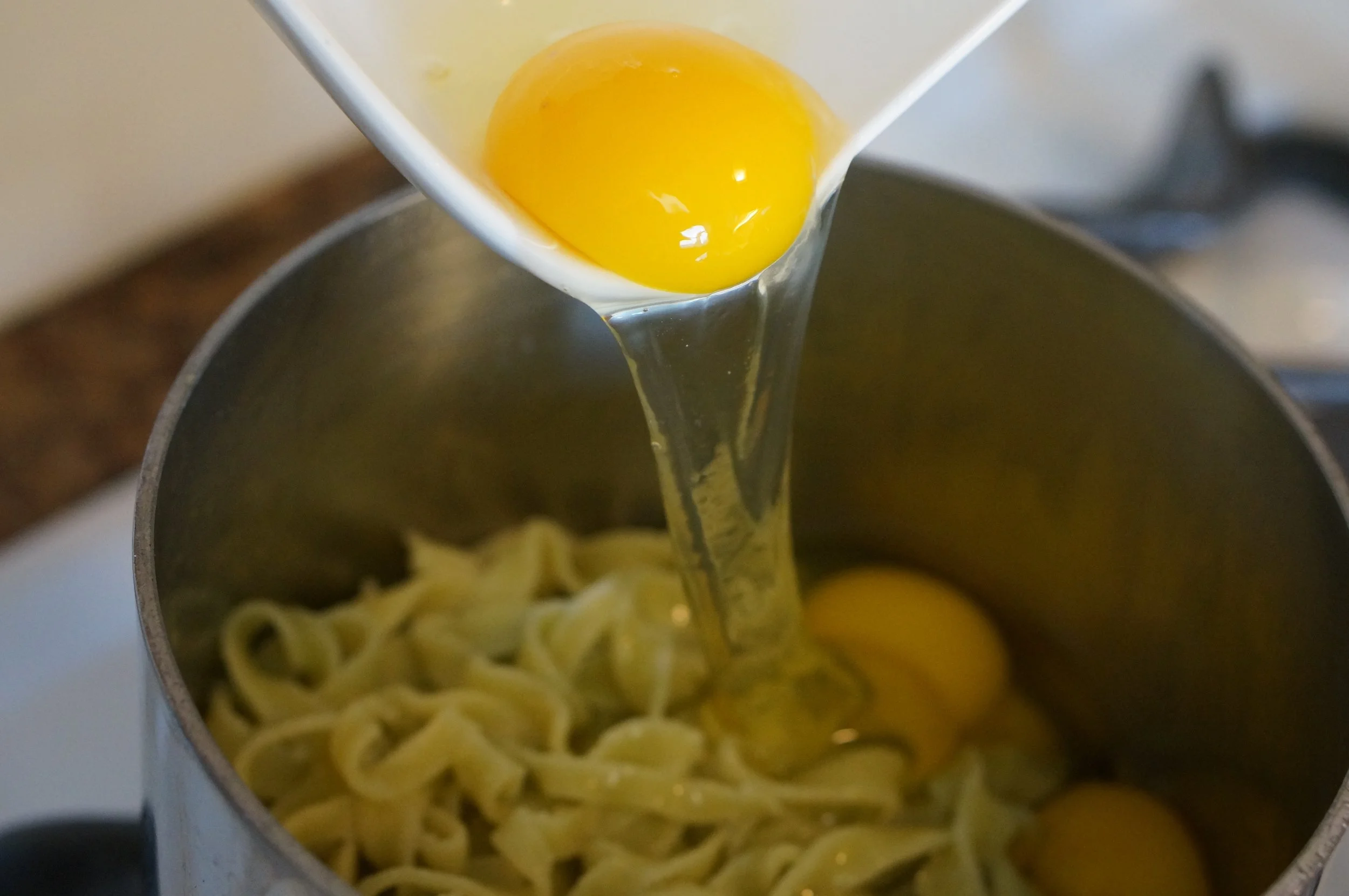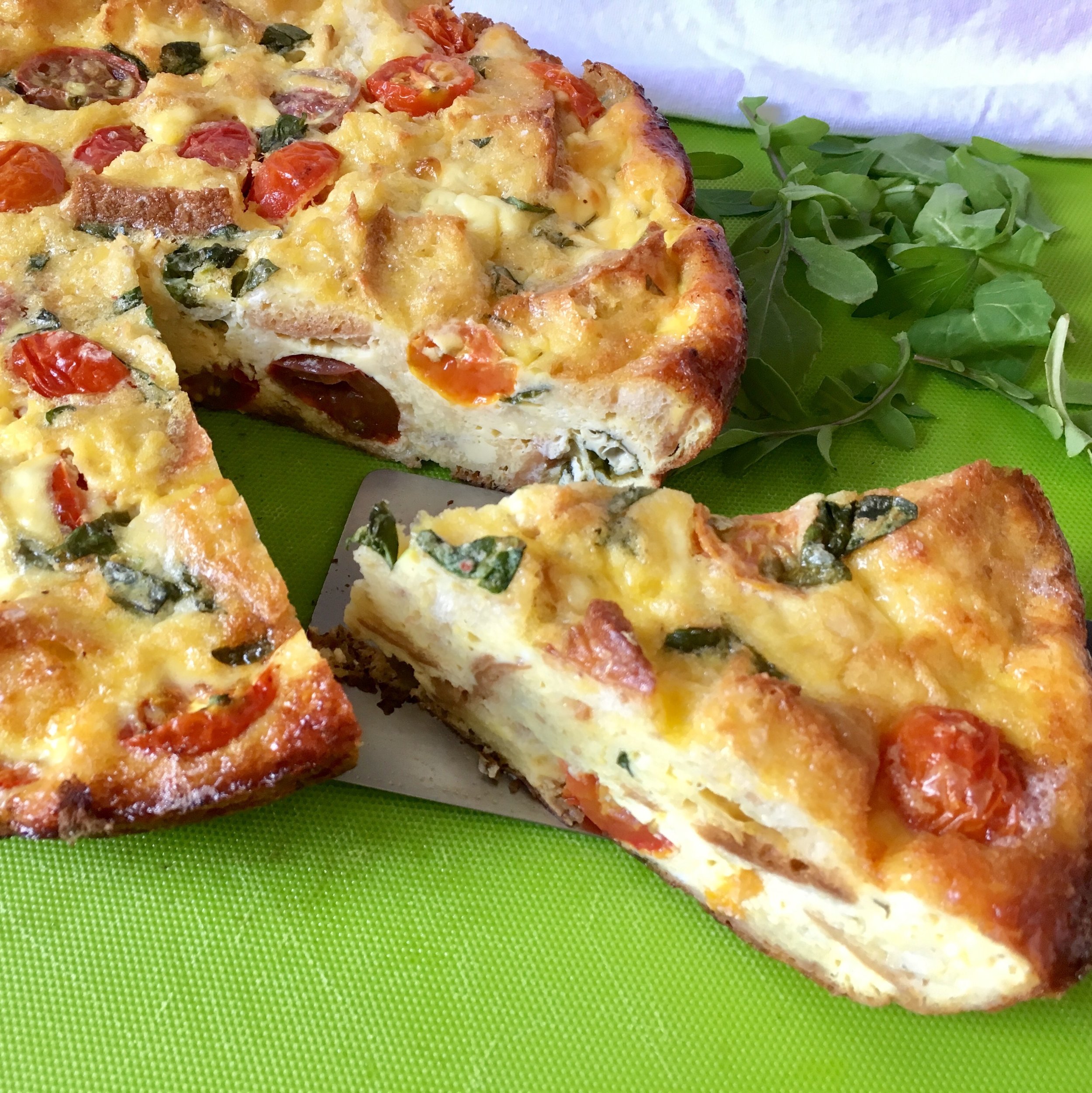*this post contains affiliate links. If you click on a link and purchase an item, I will receive a small compensation but that will not affect the price you pay in any way. Thank you for helping me to keep this blog going!
Eggs are a relatively inexpensive protein source that my family loves. Sometimes we go through phases where we’re eating 2 dozen/week, and other times, a dozen eggs can last ten days. Having a variety of ideas to use eggs in the lunchbox is a savior for me… it keeps the overall cost of packing lunches for my 3 kids down, and at the same time, keeps my kids interested.
I buy organic, pasture raised eggs and they cost about $6.50/dozen. It feels expensive sometimes, but when I actually think about it and tally, the reality isn’t so black and white. One dozen eggs can feed my family of 5 for one meal (usually with two eggs to spare). Actually, if I use a dozen eggs to make a big frittata loaded with veggies, it can last more than one meal. That’s pretty awesome! Comparatively, one chicken can feed my family too, but that’s way more than $6.50, especially because I buy organic chicken. I can make a big pot of black beans to serve with a DIY Taco Bar and that is less expensive than a dozen eggs, especially if I start with dried beans. But all things considered, when I approach grocery shopping from this perspective, $6.50 doesn’t feel offensively priced at all for a dozen eggs.
Anyway, eggs are easy to buy, easy to make and easy to love, in my humble opinion. Here are five new ideas for lunchbox packing that I’m sure you’re going to love!
COBB KEBAB
Cobb Kebabs
Cobb Kebab is exactly as it sounds - Cobb Salad, deconstructed on a lollipop stick and eaten like a kebab. Here we’ve got eggs, lettuce, chicken (use leftovers here!), avocado, bacon, tomato and cheese. Seriously delicious. Even my non-salad eating kid loves this one! The best part is that this can be customized to include any ingredients you’d like. Cobb Kebabs are also a great way to introduce salads to your kids for lunch. I use these lollipop sticks to create the kebab, and I love them because they have no dangerously sharp edges and are therefore safe for young kids.
This lunch is packed in my Planetbox Launch.
2. EGG & QUINOA STIRY FRY
Egg & Quinoa Stir Fry
Egg & Quinoa Stir Fry is made just like fried rice. But there’s no rice involved, and it’s not fried. I love using quinoa because it tastes great, but quinoa is a feel good food for me. Loaded with protein and fiber, it’s pretty dang amazing.
One batch of my Egg Quinoa Stir Fry contains:
4 large, scrambled eggs
3 cups cooked quinoa
1.5 cups cooked chopped vegetables
1/4 cup chopped scallions
2 tablespoons vegetable or neutral oil
salt to taste
I combine everything into a frying pan and sauté in oil until the flavors are thoroughly mixed. Simple. Delicious. Easy to make. Great for leftovers. Perfect for the lunchbox!
This lunch is packed in my Lunchbots Cinco.
3. EGG & CHEESE MINI SANDWICHES
Egg & Cheese Mini Sandwiches
As a New Yorker, egg & cheese is a classic breakfast sandwich combo. This is my riff on the classic New York Bacon, Egg & Cheese (affectionately called BEC) but I’ve omitted the bacon here, and used baguette in place of a hard roll to make mini sandwiches. Feel free to add the bacon back if you’d like!
To assemble, lightly scramble two large eggs in a pan with some unsalted butter. Set aside. Slice a baguette into rounds (I used whole wheat here) and place on a baking sheet. Sprinkle with cheese (I used cheddar here) and pop under the broiler for a minute or two, or until the cheese is nice and melty. Remove from the oven, and add egg to make mini sandwiches. That’s it! Easy peasy!
This lunch is packed in my Planetbox Rover.
4. BAKED EGG ROLLS
I am in love with this lunchbox idea. I make them on weekends for my kids, and finally the idea dawned on me to send them in the lunchbox. Here’s how to make the magic happen here:
Hollow out two rolls and place a raw egg inside each hole. Bake in a preheated oven at 350F for approximately 30-35 minutes. The egg will be fully cooked - aka, no runny yolks, so if you’re looking for a runny yolk, cook it for less time. My kids bite into these like they would an apple, and because the yolks are baked to creamy perfection, and not runny, it won’t be a drippy mess at school.
This lunch is packed in my Lunchbots Cinco.
5. CHUNKY EGG SALAD WITH DILL (MAYO FREE)
Chunky Egg Salad with Dill (no mayo)
I love egg salad, but I don’t love mayo. For this chunky-style egg salad, cook the eggs for seven and a half minutes, submerge them in an ice bath and peel them once they’ve cooled. Chop them into chunks and place in a bowl. My general rule of thumb here: for every two eggs, add 1.5 teaspoons of chopped fresh dill. Add 1/2 teaspoon of paprika and salt to taste. Feel free to add mayo if you enjoy it! Serve with toast or pita to assemble a sandwich, or eat it as is.
WHY I BUY PASTURE RAISED ORGANIC EGGS
I’ve been buying organic eggs for as long as I can remember. At some point, I started noticing labels like cage free, free range and pasture raised. I didn’t understand the difference, so I made my purchases mostly based on price. After visiting egg farms in Kentucky with the Feedfeed and Handsome Brook Farm, my eyes were opened.
Handsome Brook Farm works with 75 farms across the United States to produce pasture raised, organic eggs. Pasture raised means that each hen has 108.9 square feet each to roam outdoors and forage. (That’s 400 hens per acre of land). The space enables the hens to live in a non-competitive environment and live stress-free lives because of it. These eggs are organic, which means that both their feed is organic and and the land that they roam is organic. Both mean that the feed and the land are not sprayed with traditional pesticides and herbicides, and there are no antibiotics or growth hormones used.
Because there are no antibiotics used, keeping the flock healthy is critically important. There’s never just one sick hen. Operations management for hen health is taken very seriously, to protect both the overall health of the flock and the livelihood of the farmer. They live symbiotically in this way.
Comparatively, Cage Free and Free Range denote the space available on the farm for hens. Cage free literally means that the hens are not placed in cages, but it does not specify much else about the hens’ quality of life. Unless a label says Pasture Raised, it is unlikely that the hens will have even remotely close to 108 square feet each. Free Range means that the hens have outdoor access and at least 2 square feet each. It doesn’t specify much more beyond that.
Marketing jargon can be dizzying, and becoming an informed consumer is empowering. If you want more information about Handsome Brook Farm, hop over to their FAQ.
Huge thanks to Handsome Brook Farm for including me on the farm visit and for sponsoring a week’s worth of egg ideas for the lunchbox.
